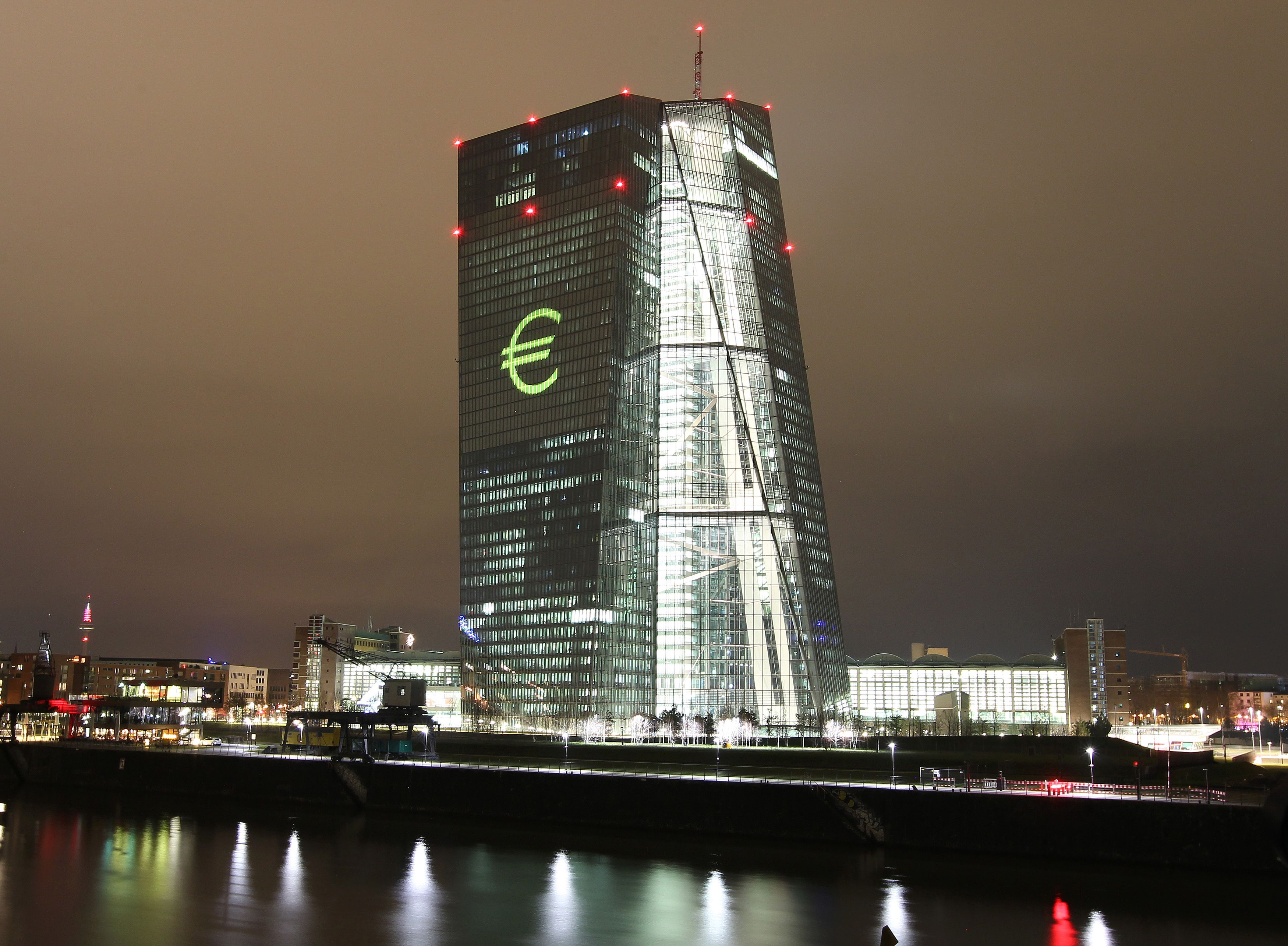
The weeks since the Brexit vote have made it clear that the European Union is not going to take this opportunity to redefine itself. Rather, it appears to be settling into a status quo in which minor EU rules are observed while the big ones are often fudged.
Two cases illustrate the reality of what EU-watchers might call a growing intergovernmentalism within the union, but what really amounts to bigger nations telling the Brussels bureaucracy that they will chose which rules to follow. One has to do with the EU's limit on government budget deficits to 3 per cent of gross domestic product, and the other with members' commitment to democratic values and principles.
The European Commission decided this week not to recommend fines for Spain and Portugal for breaching the 3 per cent limit. The deficit ceiling is supposed to be one of the most important tenets of the union, designed to keep the fiscally conservative nations of northern Europe, above all Germany, happy about being in the same economic organisation with more profligate southern European nations.
During the debt crisis of 2011, 24 out of 27 EU nations had deficits above the 3 percent limit. Now, only six out of 28 do, and one of them is the UK, which is probably going to ignore EU rules at will as it negotiates its exit. Spain's is 5.1 per cent of GDP and Portugal's 4.4 per cent. In theory, both countries can be fined 0.2 percent of GDP for this, though the countries can submit "reasoned requests" for a reduction.
In 2015, the EU made some new rules on applying the Stability and Growth Pact, which sets the deficit ceiling. According to them, countries with excessive deficits must present a reform plan to fix the problem. France, with a 3.5 per cent deficit, has done so and avoided fines, though doubts of its ability to reach deficit targets persist. The efforts of Spain and Portugal have been judged insufficient, and they appeared destined for the first fines under the tighter rules. Even European Commission President Jean-Claude Juncker, not a deficit hawk, was in favour of a crackdown, or at least forcing the member states to stand by their own rules rather than allow the Commission to take the blame. But according to reports, Spain and Portugal received surprise help from one of Europe's biggest austerity advocates -- German Finance Minister Wolfgang Schaeuble.
The Commission decision resulted in a Twitter battle between Dirk Hoeren, a senior journalist as Germany's most widely read newspaper, Bild, and Martin Selmayr, Juncker's head of cabinet. "The EU Commission is burying the Stability Pact," Hoeren tweeted. "It's an invitation to go into debt." Selmayr retorted, "The commission only recommends. The national finance ministers can accept or amend. What will the German government do?"
It appears that Schaeuble isn't too interested in enforcing EU rules at this point -- he'd rather support an ally, Spain's centre-right Prime Minister Mariano Rajoy, who is struggling to form a government after an inconclusive election that gave his party a plurality but little chance to put together a ruling coalition. Angela Merkel's government would rather deal with Rajoy than with a leftist Spanish cabinet (so the leftist coalition that rules Portugal simply got a free pass).
One could argue that the rule itself makes little sense in a world of negative or zero interest rates and that fiscal tightness has discredited itself; indeed, Spain is recovering in part thanks to the relaxation of its austerity regime. The deficit limits are a rule, though, and the European Commission is supposed to be the guardian of the EU treaties. It's failing at that because heavyweights like Schaeuble would rather work with their counterparts than through the Brussels bureaucracy.
Another test that the Commission may flunk is its standoff with Poland. The Commission is investigating whether or not that country's nationalist government is infringing upon the rule of law -- an even more basic commitment for EU members than fiscal prudence. This week, the Commission issued recommendations to Poland on how to restore independence to its constitutional tribunal, which the government has attempted to refit to its needs. On this matter, the Commission faces the open defiance of Poland's ruling party, Law and Justice (PiS). Its leader, Jaroslaw Kaczynski, has declared that the matter lies outside of the EU's purview.
National leaders are not likely to support sanctions against Poland, one of the block's biggest economies and an emerging leader of the eastern part of the union. Germany, for one, won't risk giving rise to more anti-German sentiment in the neighbouring country. If the Commission investigation -- based on solid legal foundations, whatever Kaczynski says -- fizzles, it will be more proof that the Brussels bureaucracy is being shunted aside as the national leaders prefer multilateral dealings.
The Commission continues enforcing its rules on relatively minor matters -- such as whether wine-growers on the Greek island of Samos should be forced to sell grapes to a cooperate or allowed to make their own wine -- and its authority is generally recognised and obeyed. But increasingly, Juncker and the other technocrats in Brussels are likely to be overruled by the leaders of EU nations: They appear to believe they know better how to head off political challenges that make the post-Brexit EU fragile. It's likely that even the substantive Brexit negotiations won't be between the officially appointed negotiators -- secession advocate David Davis and French eurocrat Michel Barnier -- but between Prime Minister Theresa May and Merkel.
Of course, in many ways it has always been thus. The EU treaties are only as strong as the willingness of national governments to uphold them. But as the euro comes under greater strain and the Schengen guarantees of border-free travel --the EU's most popular achievement -- become more tentative, it's worth wondering just how much ad hocism and decentralisation the union can take. - Bloomberg View